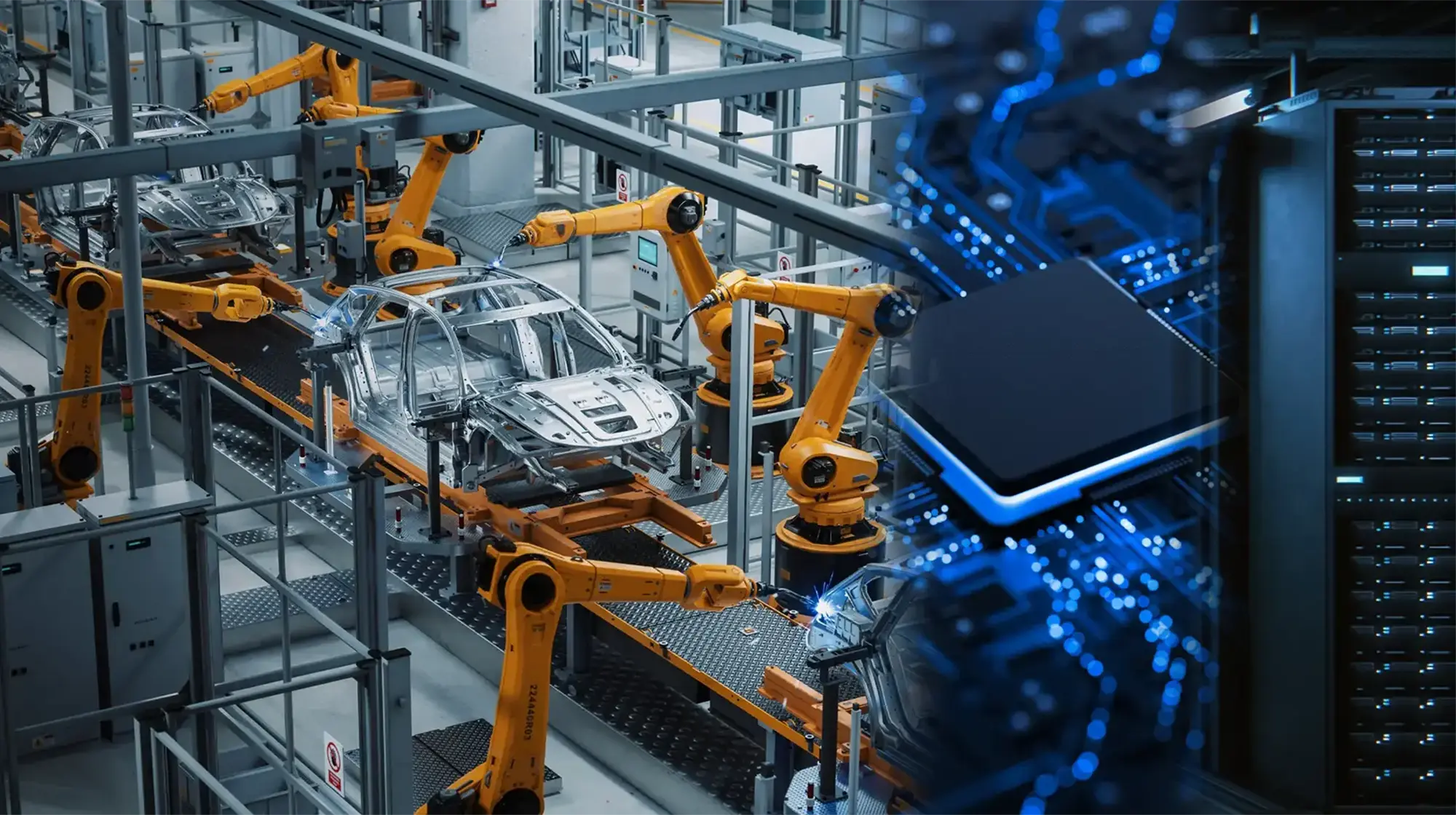


August 16, 2024--Researched by Industrial Info Resources (Sugar Land, Texas)--Rechargeable lithium-ion batteries have become an integral part of modern life, powering everything from laptops to mobile phones to emissions-free electric vehicles as well providing energy storage for power grids. However, these batteries are not without their drawbacks. Lithium-ion batteries can be prone to overheating, which can lead to thermal runaway and possibly fire or explosions. They don't perform well in extreme temperatures, as cold temperatures can reduce their capacity and efficiency and hot temperatures accelerate degradation and can increase the risk of thermal runaway. Lithium mining can also lead to environmental degradation through heavy water consumption and possible chemical pollution. To this end, some battery producers in the U.S. are seeking alternatives to the market dominant lithium-ion battery. Such batteries employ a range of alternative materials, including zinc, nickel and even hemp products.
(All Fields Required)
Site-wide Scheduled Maintenance for September 27, 2025 from 12 P.M. to 6 P.M. CDT. Expect intermittent web site availability during this time period.
×Contact Us
For More Info!